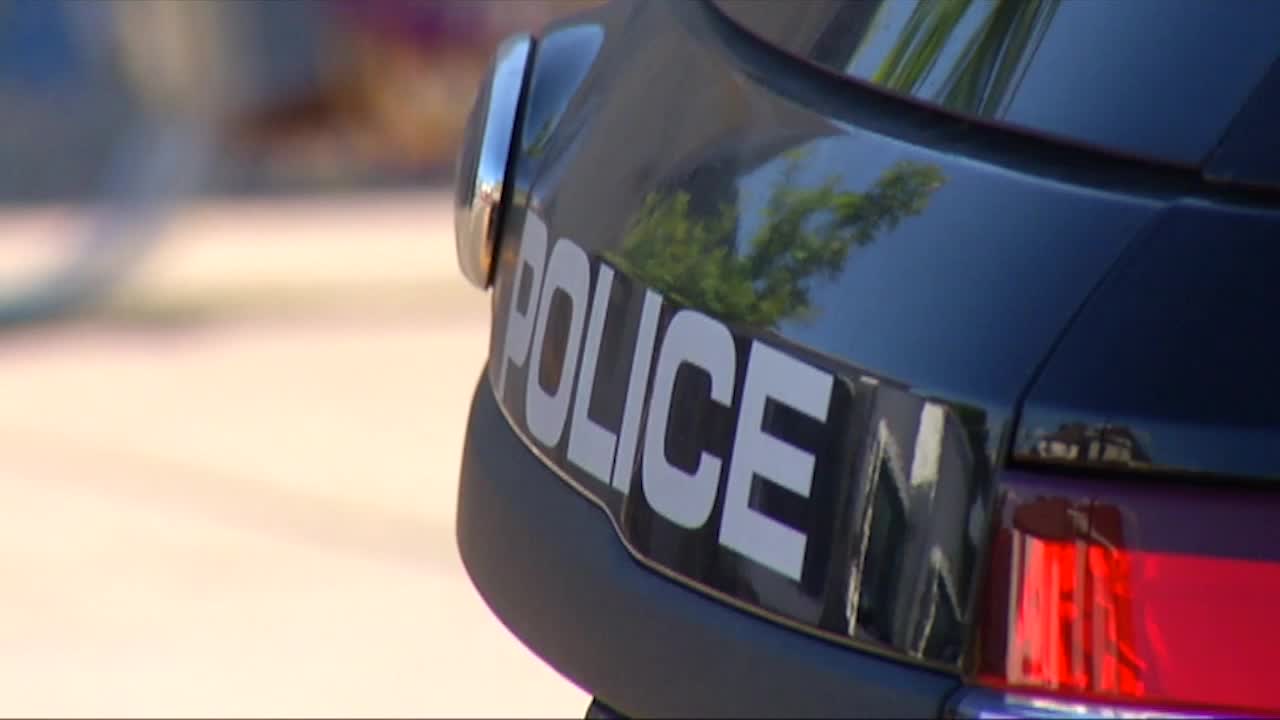‘Minneapolis Safety Initiative’ gives some neighborhoods added patrols
[anvplayer video=”5125519″ station=”998122″]
A group in the Lowry Hill neighborhood of Minneapolis is crowdfunding to pay for extra police patrols.
They call their effort the ‘Minneapolis Safety Initiative’ and launched a website where neighbors can give money, either as a one-time donation or monthly subscription, in amounts ranging from $110 to $550 per month.
Minneapolis Police Department told 5 EYEWITNESS News they will staff MPD officers for overtime shifts that the officers would not otherwise be working, in what is called a “buyback.”
MPD said the buyback program has been around for more than 20 years, allowing entities to pay for the extra police resources.
It costs $107 per hour per officer.

(KSTP-TV)
U.S. Bank Stadium, the Timberwolves, Grandma’s Marathon and the Park Board have contracted with the city for these services in the past.
A growing number of neighborhoods are now also paying for these extra patrols, including the Lyndale and Whittier neighborhoods.
City council approved the Lowry Hill neighborhood plan earlier this year, authorizing a buyback in the amount of $210,000 for law enforcement patrol services.
According to the group’s website, they anticipate that “all neighbors’ contributions will purchase 10 hours of additional patrol per day, based on the number of households that we expect to contribute.”
The website also states: “The program will continue as long as there is a need for additional patrols and support from neighbors to deploy them.”
And while some neighborhood groups are eager for extra help, others have concerns.
“There’s a huge potential for inequities,” said City Councilmember Elliott Payne, who represents Ward 1, mainly covering northeast Minneapolis.
Payne believes city resources should not be stretched even further for these types of paid overtime patrols.
“We already do crowdfunding, it’s called taxes,” Payne said.
He believes all police resources should be directed based on need.
“The folks that have the most money in our city and the most resources to be able to get these extra patrols are probably the folks who have the lowest need in our city,” Payne said. “It should be the needs of the city that are driving where we’re putting those resources, not necessarily whether or not a neighborhood is wealthier than another neighborhood.”
Still, others see the buyback program as an extra tool to boost public safety.
“Overall, it’s been a really great program for us,” said Steve Cramer, president and CEO of the Minneapolis Downtown Improvement District.
The Downtown Improvement District has contracted officers through MPD’s buyback program since 2015, as part of a downtown safety program.
Cramer said they pay tens of thousands of dollars per year for extra foot patrols on Nicollet Mall, mainly during the summer months.
“Seeing that visible presence of police officers really is a pretty powerful effect for people,” Cramer said. “And this can be a little more predictable than the ever present demands on the first precinct downtown.”
An MPD spokesperson told 5 EYEWITNESS News the department does not profit from this program, noting the costs cover the overtime rate of the officer, fringe benefits, and all equipment used.
The spokesperson also said all buyback positions are voluntary and filled by officers who are not scheduled elsewhere.
Minneapolis Police Department also provided this statement:
“MPD has partnered with neighborhood organizations, business groups, and other stakeholders for many years to meet the needs for focused patrols, presence, and engagement in addition to on-duty resources. Buyback is a small part of our efforts to prevent and respond to crime and build relationships alongside the work of 911 responders, directed patrol, community response teams, violent crime enforcement details, investigative units, and crime prevention specialists.”